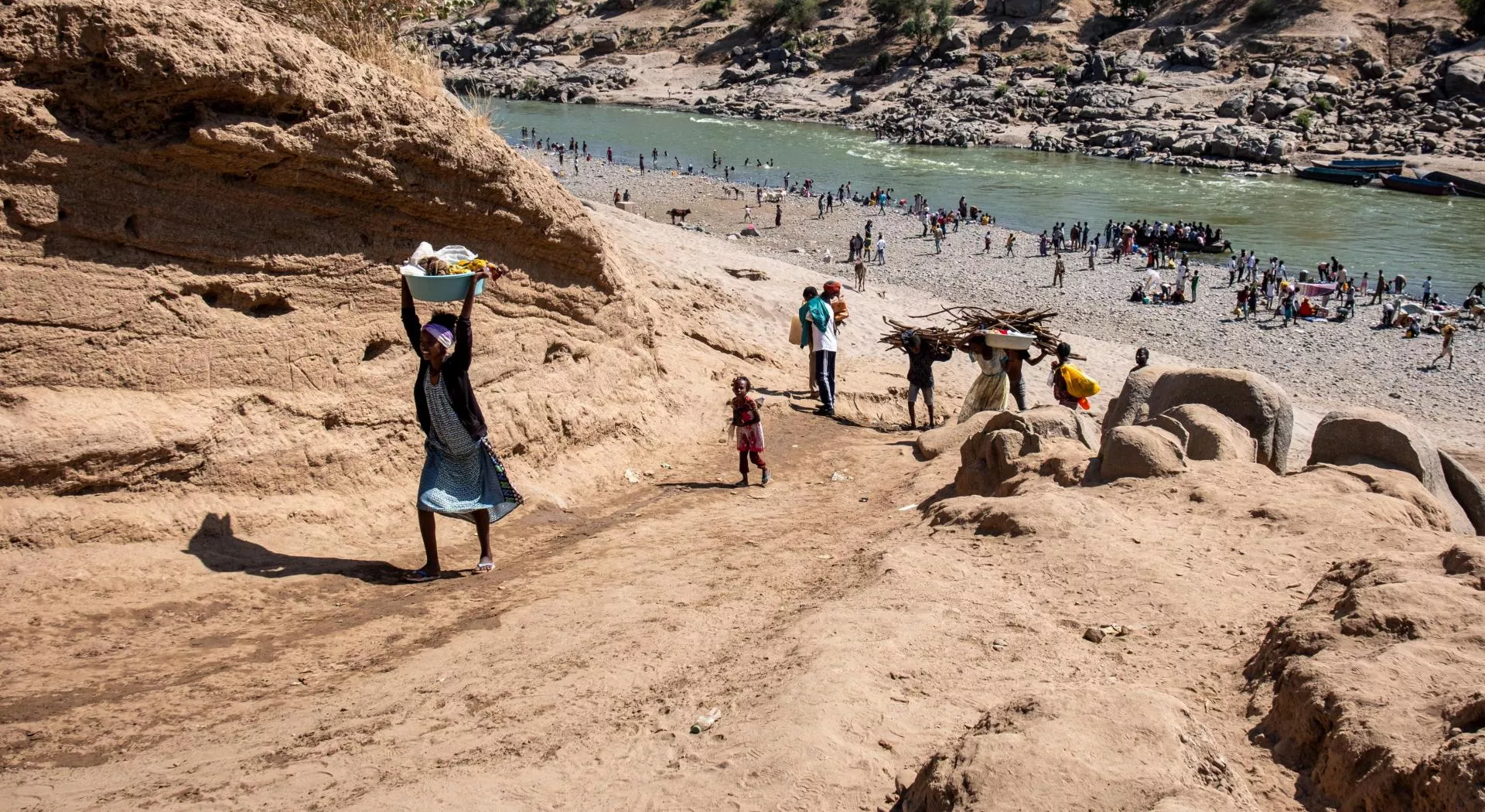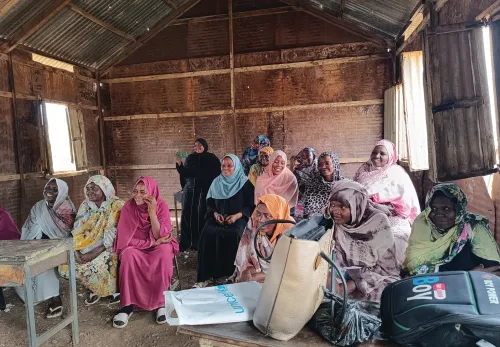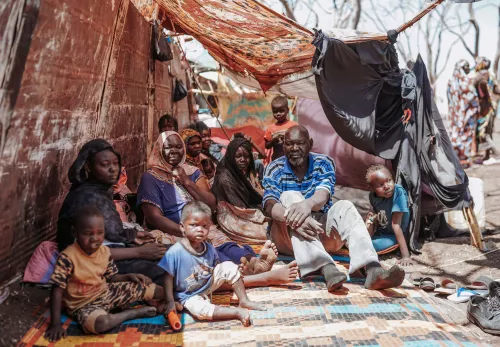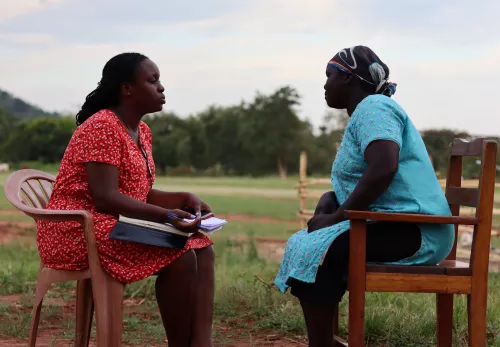In response to this dire situation, ZOA has strategically positioned its operations across the eastern and western regions of Sudan, specifically in Gedaref, Kassala, North, East, and South Darfur States. Our initiatives are focused on delivering essential relief support to the most vulnerable groups, including internally displaced persons (IDPs), refugees, returnees, and host communities. By enhancing access to food security and livelihoods (FSL), as well as vital water, sanitation, and hygiene (WASH) services, education, and social cohesion, we aim to empower communities at risk.
Through these critical interventions, ZOA is determined to mitigate the impacts of conflict and climate-induced displacement, working tirelessly to promote resilience and stability in the affected regions. Together, we can restore hope and build a more sustainable future for those in need.
Integrated approach
ZOA works in Sudan with a dual recovery-emergency mandate, responding flexibly when needed. Based on operational experience, an assessment of key drivers of conflict and expected oncoming pressures (climatic, conflict over resources, changing political context), ZOA has operationalized an integrated approach across four pillars:
-
Food systems: We link humanitarian aid, development, and peacebuilding through a food systems approach that promotes climate-smart farming and local ownership to strengthen food security. Through these integrated strategies, we pave the way for lasting peace and stability in affected regions.
-
Sustainable livelihood enhancement: We support smallholder farmers by building producer networks, improving market access, and engaging the private sector for lasting income opportunities.
-
Conflict resolution: We strengthen local structures for dialogue and mediation to address conflict peacefully and promote social cohesion.
-
Water resource management: Through integrated water resource management, we ensure fair and sustainable access to water for households, farming, and other uses.
-
Inclusivity: Gender, disability, and social inclusion are embedded across our programmes to ensure no one is left behind.




